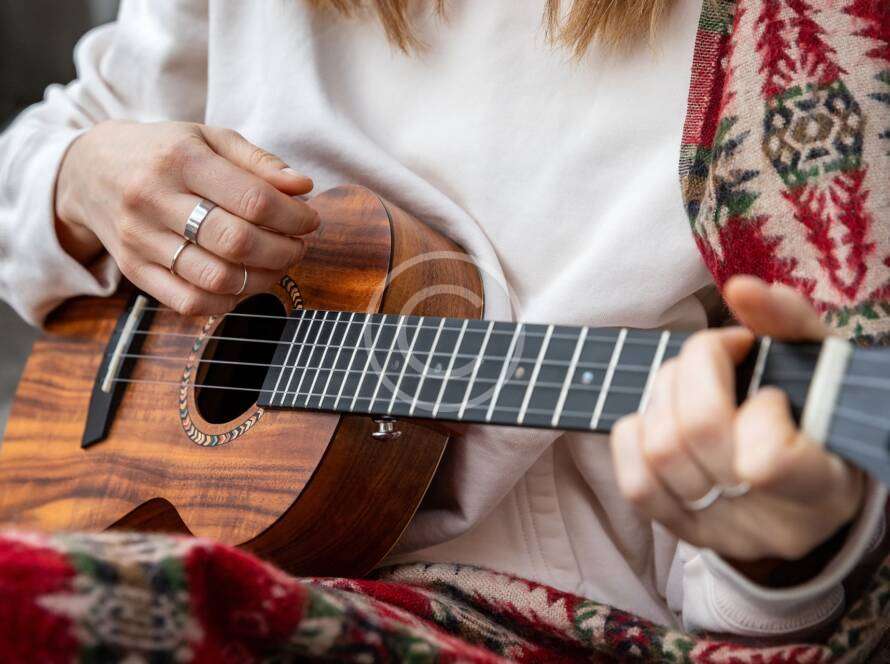In a recent conversation with TBX, Adiomi Oluwashemlere, a Nigerian filmmaker and content creator based in Middlesbrough, shared his experiences living in North East England and his passion for changing narratives about the Black community.
Breaking Down Stereotypes
“People don’t even know how Black people live,” Adiomi explains with passion. “You watch BBC and they go to Africa and record the deadest place, the slums, not knowing that we have places that are popping.”
This misrepresentation frustrates him deeply. “When you hear about a Black person, the next thing you see is kids with flies around their faces. It pisses me off because this is not even Africa.”
He challenges the common narrative: “Someone just comes up and tells you that we need water in Africa. Yes, there are places that need water in Africa, but there are also places that need water in the UK. There are places that are broke in Africa, but there are a lot more beggars in the UK asking for 40 pence. That is how it is everywhere.”
Life in Middlesbrough
Having lived in Middlesbrough for three years, Adiomi notes the stark difference from his previous experience in London: “Middlesbrough is a very white-dominated area. The percentage of Black people is very small, so it’s hard to link up with other creatives.”
Despite these challenges, he appreciates certain aspects of the city:
- Community growth: “I’m positive about the growth. More people are coming to Middlesbrough and seeing there are actually opportunities here.”
- Teesside University: “TCI University has done a lot for the Black community. If not for TCI University, we might not have the percentage of Black people we have here.”
- Close-knit environment: “The fact that it’s small helps the community. You literally know everyone.”
Challenges of a Creative
As a filmmaker and content creator, Adiomi faces several challenges:
“First, I’m a creative person. I love to have more creative people around me. Having to always look for creatives is very hard.”
“Food is another challenge. I like eating out a lot. You see like six, seven Pakistani stores before you see a Nigerian store where you can have Jollof Rice, eba, and the likes.”
“Being far away from other parts of England is also challenging. Having to travel 5-6 hours to London, 3-4 hours to Manchester… that’s a major challenge because I’m always looking for new ideas and creativity.”
The Information Gap
Adiomi believes there’s an information gap limiting opportunities for Black people in the Northeast:
“As Black people, we need to look beyond the basic jobs. I feel our information is limited to basic things. We can grow and do a lot more, but the information we’re getting is really limiting.”
He observes: “A lot of Black people are either working as bouncers, in care jobs, or as waiters. I’m not saying anything is wrong with these professions, but I feel that’s because this is the only information we have.”
“We can be company owners, filmmakers, TV station owners, magazine owners. We can be a lot of things, but the information is so limiting that we need to help each other understand there are many opportunities.”
Building Community
One thing Adiomi would change is the tendency toward gatekeeping within the Black community:
“As Black people, we gatekeep too much. We need to have one voice. We need to be able to help ourselves without hoping to get something in return.”
He admires the strong community bonds he sees in other cultural groups: “As a Black person, I envy the Pakistanis and Indians. They’ve got that community. They’ve grown themselves.”
Citing his father’s wisdom, he shares: “It’s better to have one million rich friends than being rich alone. If you have one million rich friends that have one million opportunities, there’s a lot more we can do.”
Hope for TBX
Adiomi expresses enthusiasm about TBX’s potential to amplify Black voices in the Northeast:
“When I heard about TBX, I was very excited because finally, we have a voice. We finally have somewhere where content is curated for Black people, where you can watch and understand how Black people live.”
“With TBX, people can see the way we live, know about our cultures, our food, our lifestyle. Whoever came up with the idea, kudos to you. You’ve done amazing because this is such an amazing platform.”



